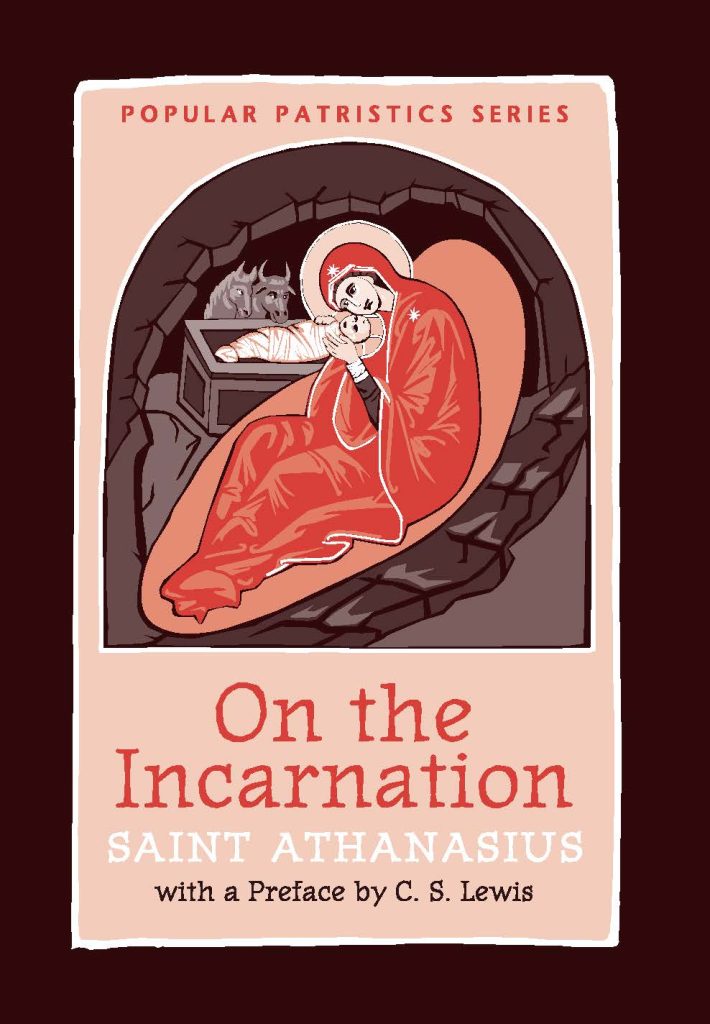This week we are reading through chapter 2 of On the Incarnation (§§6-10) – “The Divine Dilemma and Its Solution in the Incarnation – Part One.” The reading this week is fairly short, so I would encourage you to read it through more than once. In Chapter 1, Athanasius diagnoses humanity’s problem. We are created by God through the Word to be incorruptible and thereby not suffer the natural law of death. However, through the original sin, humanity becomes corrupt, suffers death, and ultimately decays into non-existence. Within Chapter 2, Athanasius gives us the first reason why the incarnation was necessary. As you read through the selection this week think about these things:
· What human characteristic does Athanasius say reflects the image of God?
· What is the dilemma that Athanasius says God was faced with?
· What is the essential nature of God that caused him to unto the cause of our corruption?
· Why does Athanasius say that even perfect repentance and amendment of life would be insufficient to undo the corruption?
· Does morality or obedience to a moral code, even one derived from Scripture, have any role in salvation?
· If you have the time, read this post from Fr. Stephen Freeman on “Why Morality is not Christian, and see if you agree that “the problem of sin is not a legal issue, but an ontological issue (a matter of being and true existence).”
· If the Word was God, why does Athanasius say he had to enter the world Incarnate? Although Athanasius does not directly cite Philippians 2:6-11, is this hymn nonetheless reflected in Athanasius’ teaching on this point?
· Why does Athanasius emphasize that although the Word took on our body, he did so through “a spotless, stainless virgin”? Why should this matter?
· Look for Eucharistic theology at the end of section 8 and the beginning of section 9.
· Athanasius says the Son became Incarnate so that he “might become in dying a sufficient exchange for all.” What is the “exchange” of which he speaks? Who are the parties to the transaction and what is being exchanged? Does this exchange require that Jesus is fully God?
· Athanasius speaks of the Incarnation as a “rescue of mankind.” From what or from whom are we being rescued?
· Athanasius ends section 10 with citations to Hebrews 2. Please read this chapter and see how Athanasius applies its message.
Dinner is a 6. The menu this week is chili. Please bring a friend. Hope to see you here.
Now, therefore, when we die we no longer do so as men condemned to death, but as those who are even now in process of rising as we await the general resurrection of all.

